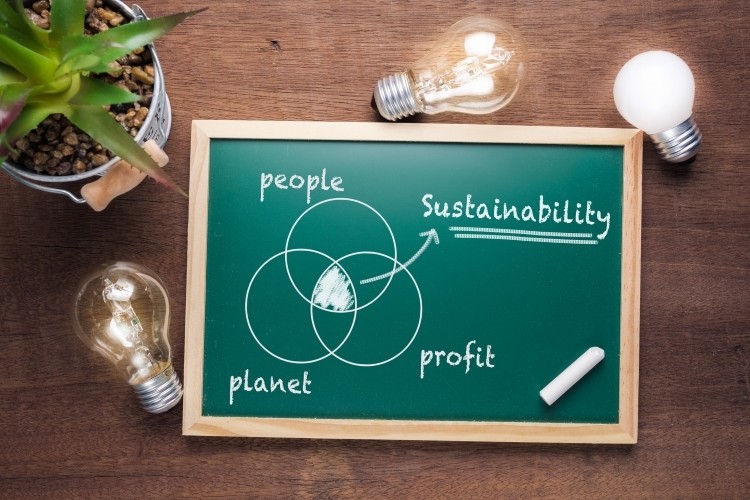Food System 6 and Huhtamaki announce circular economy start-up program participants

The impact-focused startup accelerator, Food System 6 (FS6), which is a US-based non-profit, has announced the eight early-stage companies selected to participate in the new Circular Economy program, launched in partnership with global packaging solutions company Huhtamaki.
The purpose of the Huhtamaki Circular Economy Start-up Program by Food System 6 is to accelerate the development of young and promising companies working to deliver innovative sustainable solutions in areas such as waste management, sustainable packaging alternatives, new materials innovation, and regenerative production models.
“We are thrilled to have the opportunity to work with these entrepreneurs leading change in the world,” said Caesaré Assad, CEO of Food System 6.
“They are helping to solve some of the most urgent issues within circularity in our world today—from materials innovation to waste management solutions and community resiliency projects. These leaders are showcasing the depth and breadth of a systems-driven circular economy."
Through the partnership with Huhtamaki, FS6 is committing mentorship, advising and networking resources to provide support and help the participants build their efforts to scale.
The program will host interactive online sessions with participants October through November 2020, culminating with a week of immersive virtual programming.
The eight cohort members were selected for their unique and timely innovations across the impact areas of: circularity, healthy people, vibrant farms, sustainable ecosystems, and justice and fairness.
The cohort consists of the following eight innovations.
Aheza Iwacu (Burundi) - Transforming household waste into a valuable resource through collection, composting, upcycling, and education in Burundi.
Andes Ag, Inc. (US) - Harnessing the power of microbes to increase the crop yield, nitrogen capture, and carbon sequestration of plants.
Cooperative Food Empowerment Directive (CoFED) (US) – Re-envisioning and rebuilding food and land cooperative ecosystems.
Matriark Foods (US)- Upcycling vegetable surplus.
mobius (US) - Converting organic waste into renewable chemicals and biodegradable materials.
Nafici Group Limited (UK) - EcoPulping to turn agricultural waste into raw material for low-carbon, non-plastic packaging and paper.
Rhizoform (US) - Harnessing the power of fungi to "grow" a bio-based alternative to plastic thermal food coolers, foodservice packaging, and more.
SoluBlue (UK) - Creating biodegradable seaweed-based packaging that extends shelf-life of fresh food and reduces plastic waste.
“In addition to adopting identified solutions more widely, we need to invest in developing the next generation of initiatives to tackle challenges and build a circular economy that takes us to the future,” Charles Héaulmé, president and CEO of Huhtamaki, said.
“Through the Huhtamaki Circular Economy Start-up Program and our partnership with Food System 6 we can help discover, develop and deliver such innovative solutions. I am excited to learn more about the eight finalists and I am proud that Huhtamaki can play a part in speeding up the commercialization of their innovative solutions.”




